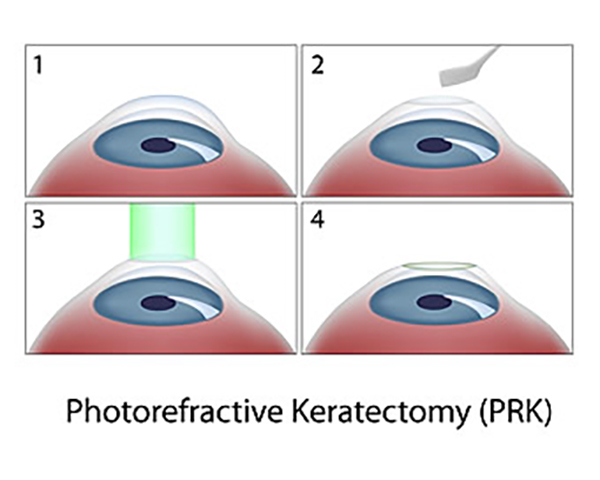LASIK Alternatives
 LASIK surgery is constantly advancing, and because of that, it is constantly growing in popularity. Those who are tired of glasses and contact lenses often seek LASIK surgery. While LASIK is effective and safe, it is not for everyone. There are certain factors that make LASIK more risky for some than others. This is why, at Freehold Ophthalmology, we are dedicated to providing alternatives to LASIK that provide the same results with less risk.
LASIK surgery is constantly advancing, and because of that, it is constantly growing in popularity. Those who are tired of glasses and contact lenses often seek LASIK surgery. While LASIK is effective and safe, it is not for everyone. There are certain factors that make LASIK more risky for some than others. This is why, at Freehold Ophthalmology, we are dedicated to providing alternatives to LASIK that provide the same results with less risk.
Why am I not a LASIK Candidate?
LASIK candidacy is based off of a series of tests and questions asked by your doctor. When you attend your initial LASIK consultation, your LASIK doctor will examine your eyes and ask questions about your medical history. The results will be used to determine whether or not you can safely undergo LASIK surgery. Some factors that may disqualify you from LASIK surgery include:
- Thin or unstable corneas, especially due to keratoconus
- Previous eye surgery or injury
- Previous eye disease
- Autoimmune disorders such a rheumatoid arthritis and diabetes
Photorefractive Keratectomy (PRK)
PRK, the predecessor to LASIK, is still performed often on those who cannot safely undergo LASIK surgery. PRK has been shown to deliver results similar to that of LASIK surgery.
The PRK Procedure
The PRK procedure is very similar to LASIK, with one main difference. Instead of the corneal flap created during LASIK surgery, during PRK your doctor will remove the epithelial layer (first layer) of the cornea completely. Once removed, adjustments to the shape of the eye occur just as during LASIK surgery. Once finished, your cornea will be “bandaged” using a special contact lens.
PRK Recovery
Recovery time after PRK is much longer then that of LASIK surgery. However, for some people, PRK eliminates the risk of corneal flap complications that may have occurred after LASIK surgery.
Other LASIK Alternatives
PRK is not the only alternative to LASIK available. Other LASIK alternatives include:
- Phakic Intraocular Lenses (IOLs). These lenses are designed to sit in front of your eye’s natural lens. These IOLs help people with high degrees of refractive errors that cannot safely be corrected with corneal refractive surgery.
- Refractive Lens Exchange. During the refractive lens exchange procedure, your natural lens is completely replaced by an IOL, much like during cataract surgery.
Are you interested in permanent laser vision correction, but have been told you are not a candidate for LASIK surgery? Be sure to come in for a consultation at Freehold Ophthalmology to determine which LASIK alternative is best for you!



